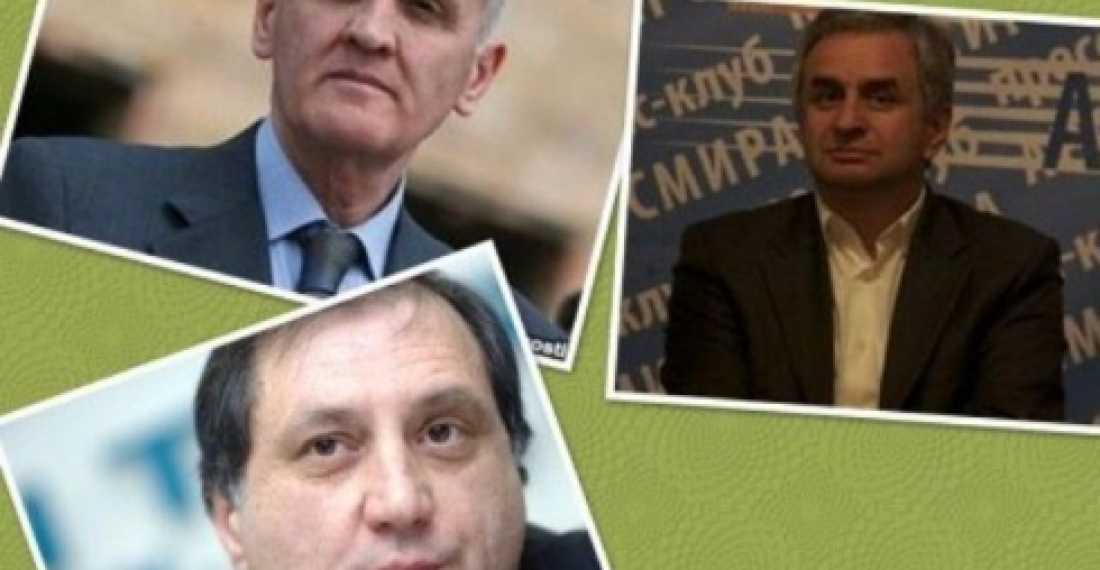People in Abkhazia go to the polls today to elect a new President. This will be the second election in the territory since the momentous events of August 2008 when Georgia and Russia fought a short five day war, subsequent to which Russia recognised the separatist entities of Abkhazia and South Ossetia as independent states.
Todays' election comes after the unexpected death of Sergei Bagapsh in May. Three insiders are contesting the election: Vice President Alexandr Ankvab, Prime Minister Sergei Shamba and former Presidential candidate Rauf Khadjimba. The American broadcaster Radio Liberty described Ankvab as "dour, humourless and sarcastic", Shamba as "articulate and politically sophisticated" and Khadjimba as "more polished and measured, and less strident than before". These descriptions are however somewhat artificial. All three candidates are well known to Moscow, Abkhazia's most important - maybe even sole, ally. Russian diplomats have been making it clear that they would not like to interfere with the process and will be happy with whichever one of the three candidates emerges victorious.
Abkhazia is a small society. Politics is polorised around clan loyalties and sources of patronage. The ethnic Abkhaz part of the population is small but determined to be the main political force in the country, A second circle of other ethnic groups, including Russians and Armenians, have generally been in favour of secession from Georgia, but are ambivalent about the future. And finally there are the Georgians. Most of them have been displaced and now live as IDPs in Tbilisi and other parts of Georgia, or in Russia. They will not be voting in this election. In the south of Abkhazia in the Gali region, where the population has always been mainly Georgian farmers, several tens of thousand have returned and co-exist uneasily within the new Abkhaz entity.
Since Abkhazia's break away from Georgia in 1993 its leadership has not been able to articulate properly its policies towards refugees and IDPs. Allowing them back would mean accepting that Abkhaz will always be a minority in their homeland; not allowing them back would open them to the criticism of the international community that insists on the refugees right to return.
The three Presidential candidates in this election have failed to address the issue properly. One or two of the solutions proposed by candidates during the campaign sounded very close to the policy of "bantustan" adopted by South Africa during the time of apartheid. It is therefore no wonder that whilst many are welcoming todays elections as an important exercise in democracy, others dismiss it as a cynical consequence of the ethnic cleansing that happened after the 1993 war.,
Whoever wins the election is going to have to do better in explaining what the Abkhaz really propose to do in the future on the issue of return of refugees. Otherwise Abkhazia will always remain an abstract concept dependant on Russian soldiers for its exitsance.
This comment was prepared by the editorial team of commonspace.eu







